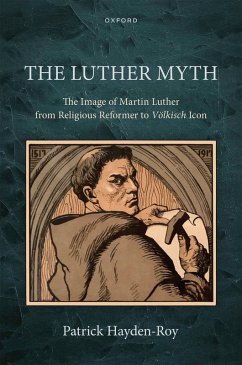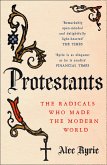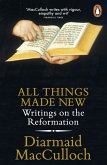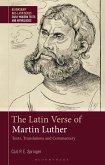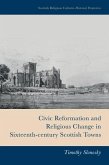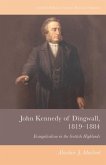In the period from the close of the Napoleonic Wars up through the immediate post-World-War II era the image of Martin Luther was transposed in Germany from a religious reformer and advocate of freedom to a symbol of
völkisch nationalist identity, such that with the seizure of power by the Nazis, Luther was used to portray a symbiosis between the new regime and the tradition of Protestant religiosity.
The Luther Myth traces the evolution of this image within the environment of nineteenth- and twentieth-century German nationalist sentiment, looking particularly at how Protestant Germans styled Luther to affirm the essentialist racial identity politics of the Nazis, the cult of authoritarian leadership around Adolf Hitler, the drive to impose state control over all competing sources of authority, and the victimizing of German Jews. In doing so, it sheds new light on why Nazism was able to co-opt German Protestantism as a source for legitimizing its seizure of power despite the fact that the animating core of Nazi ideology was radically subversive in relation to traditional Christian piety. Using evidence drawn from not only theological works and literary and philosophical sources, but also speeches, theatrical works, public celebrations, and monuments, it pulls together the narrative of development and connects it over the longer term, offering an original contribution to scholarship on the topic and allowing readers a format for considering how similar dynamics are still at work in contemporary society and culture.
Dieser Download kann aus rechtlichen Gründen nur mit Rechnungsadresse in A, B, BG, CY, CZ, D, DK, EW, E, FIN, F, GR, HR, H, IRL, I, LT, L, LR, M, NL, PL, P, R, S, SLO, SK ausgeliefert werden.

